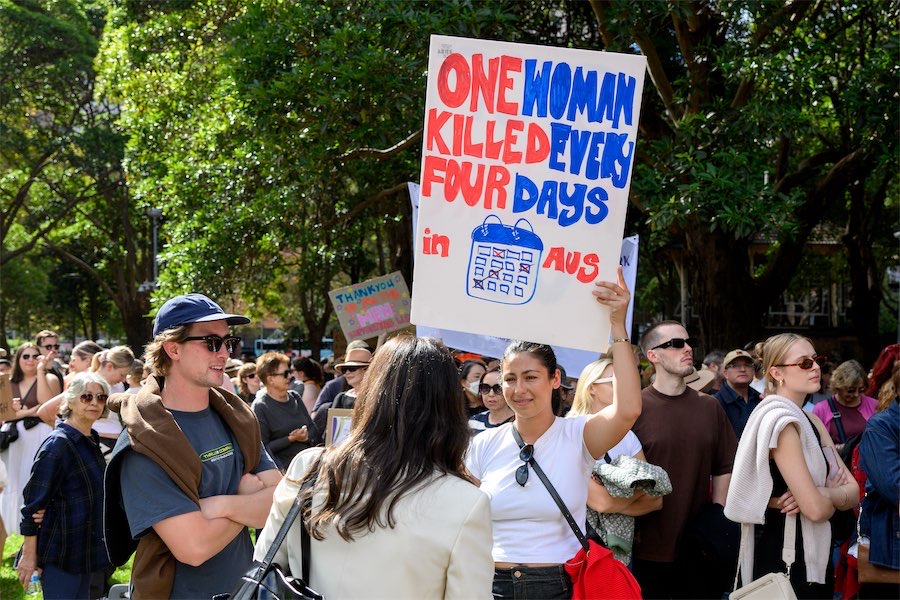
NEW Australian National University (ANU) research shows psychological distress has significantly lowered since COVID-19 first reached Australia in 2020.
On August 8, data collection began for the 12th wave of the ANU Centre for Social Research and Methods’ COVID Impact Monitoring survey, which collected 3510 responses by August 22.
According to ANU researchers, this latest survey shows Australians aged 18 to 24 are feeling more positive about their lives and their futures.
Study co-author Professor Nicholas Biddle said they found a large and significant turnaround in the number of young Australians who said their lives and wellbeing were improving, especially compared to Australians aged 45 to 64.
“We found a five percent decline in psychological distress among Australians aged 18 to 24. This was the age group reporting the biggest decline in psychological distress,” said Prof Biddle.
But, young Australians continue to have the most elevated level of psychological distress of any age group, compared to pre-covid levels.
“Young people have been the people most dramatically impacted by the COVID-10 pandemic in Australia, especially when it comes to their economic security, future prospects and mental health and wellbeing,” said Prof Biddle.
“So it is heartening to see that the majority of young Australians say they are feeling much better than they were 12 months ago, even though they still face ongoing pandemic pressures.”
The study found levels of life satisfaction have steadily increased since January 2022, and levels of psychological distress have steadily declined between October 2021 and August 2022.
“In May 2020, roughly half of Australians thought their life was worse, 51.3 per cent, including 6.5 per cent who thought it was much worse,” said Prof Biddle.
“By August 2022, only about one in five Australians thought that their life had become worse in the 12 months since August 2021, with only 3.9 per cent thinking that their life had got much worse.
“And in October 2021, 27.2 per cent of adult Australians reported feeling hopeless at least some of the time. By August 2022, this had declined to 22.3 per cent, a drop of about 981,000 Australian adults.
“That does not mean that Australia has returned to pre-pandemic levels of wellbeing and mental health. Life satisfaction was lower in August 2022 than it was in October 2019. There are also still more Australians who have high levels of psychological distress.
“However, wellbeing and mental health outcomes have improved over recent months as lockdown conditions have substantially eased, and despite high case numbers.”
Who can be trusted?
In a world of spin and confusion, there’s never been a more important time to support independent journalism in Canberra.
If you trust our work online and want to enforce the power of independent voices, I invite you to make a small contribution.
Every dollar of support is invested back into our journalism to help keep citynews.com.au strong and free.
Thank you,
Ian Meikle, editor





Leave a Reply